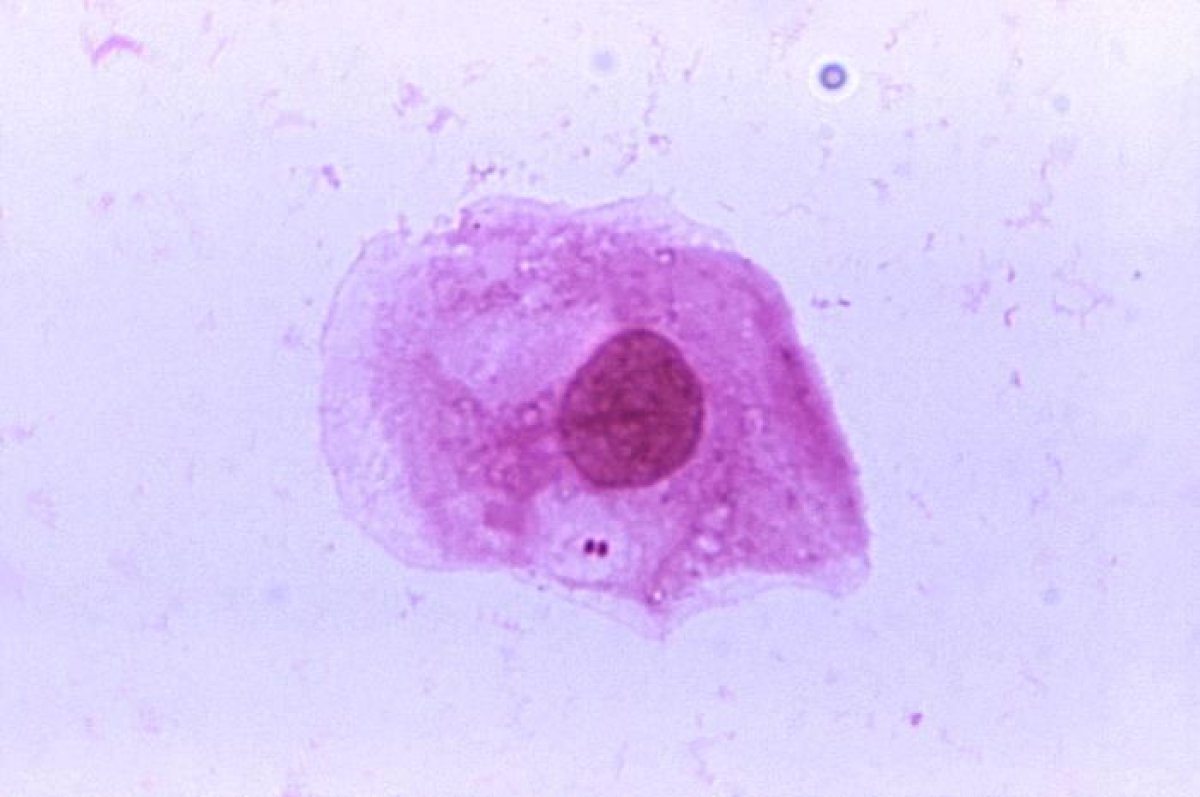The Australian Academy of Science—an organization representing the country's leading scientists—is raising awareness of a potentially deadly disease, urging parents to ensure that their children are vaccinated against it, after the death of a seven-year-old boy in Sydney and a recent spike in cases across the city of Adelaide.
Meningococcal disease refers to any illness caused by the meningococcus bacteria (Neisseria meningitidis). These are often severe and sometimes capable of causing death within hours.
While meningococcal disease can be fatal, it is easily prevented if all strains are vaccinated against. There are five strains of Neisseria meningitidis—A, B, C, W and Y—of which three—B, C and Y—cause most of the related illnesses seen in the U.S.
While Australia has experienced a recent spike, the disease is rare in the U.S.—in 2015 there were around 375 cases reported—and rates have been declining since the late 1990s. However, there have been a number of outbreaks in American college campuses in the past few years.

Meningococcal illnesses include infections of the protective membranes covering the brain and spinal cord (meningococcal meningitis), as well as bloodstream infections (meningococcal septicemia) that damage the walls of the blood vessels, causing bleeding to the skin and organs.
According to the U.S. Centers for Disease Prevention and Control (CDC), the bacteria spread through the exchange of respiratory and throat secretions—for example, spit—which can be transmitted by close or lengthy human contact, such as kissing or coughing.
About one in 10 people have the bacteria in the back of their nose and throat with symptoms of disease. This is called being a "carrier". Fortunately, the bacteria is not as contagious as the germs that cause the common cold or flu. For example, you cannot be infected through casual contact or by breathing air where someone with meningococcal disease has been.
Those who are most at risk include people with suppressed immune systems, smokers and those living in crowded accommodation, as well as infants, teens and young adults.
The most common symptoms of meningococcal meningitis are fever, headache and stiff neck, although people also report nausea, vomiting, being more sensitive to light and altered mental states.
Symptoms of meningococcal septicemia include fever, fatigue, vomiting, cold hands and feet, cold chills, rapid breathing, diarrhea and severe aches or pain in the muscles, joints, chest or abdomen.
Meningococcal disease is very serious and is one of the only bacterial infections that can be deadly in a matter of hours. Furthermore, it can be difficult to diagnose because the signs and symptoms are often similar to those of other illnesses. Doctors treat the diseases with a number of effective antibiotics, but it is important to start treatment as soon as possible.
However, even with antibiotic treatment, 10 to 15 out of 100 people infected will die and between 11 and 19 in every 100 survivors will have long-term disabilities, such as loss of limb(s), deafness, nervous system problems or brain damage.
According to the CDC, "keeping up to date with recommended immunizations is the best defense against meningococcal disease."
The Australian Academy of Sciences has just released a new video campaign developed in collaboration with the Australian Department of Health to educate people about the disease.
The video features stories from survivors of the disease, including Eliza Ault-Connell, who was infected when she was 16, resulting in a limb amputation.
"When you consider my case—I was in an intensive care unit for 110 days and had over 60 operations—the financial burden of the diseases is so great," she said in a statement. "When we look at the cost of a vaccination, it's safe and effective; I can only see prevention as being better than cure."
Uncommon Knowledge
Newsweek is committed to challenging conventional wisdom and finding connections in the search for common ground.
Newsweek is committed to challenging conventional wisdom and finding connections in the search for common ground.
About the writer
Aristos is a Newsweek science reporter with the London, U.K., bureau. He reports on science and health topics, including; animal, ... Read more
To read how Newsweek uses AI as a newsroom tool, Click here.








